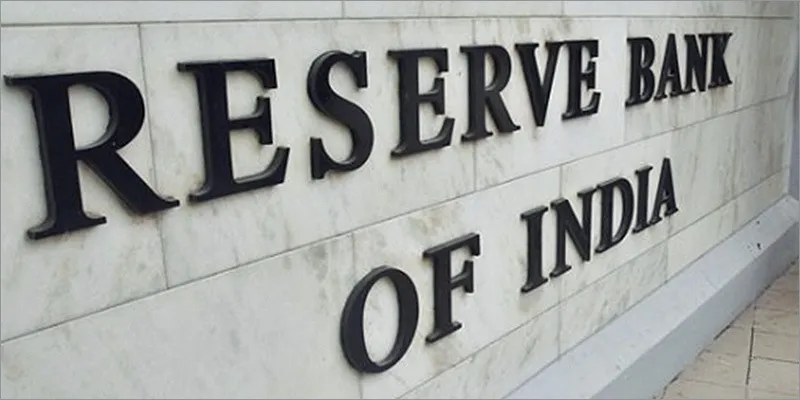Govt should establish robust regulatory mechanism for cryptocurrency ecosystem: IAMAI
IAMAI noted that cryptocurrency has been generating jobs across a variety of functions - legal, compliance, tech, marketing, business development, finance, etc - in India and abroad.
Industry body IAMAI on Wednesday appealed to the Indian government to not ban cryptocurrency and develop a robust mechanism to regulate the related ecosystem in the country.
IAMAI noted that cryptocurrency has been generating jobs across a variety of functions - legal, compliance, tech, marketing, business development, finance, etc - in India and abroad.
Cryptocurrencies are digital or virtual currencies in which encryption techniques are used to regulate the generation of their units and verification of the transfer of funds, operating independently of a central bank.
"Given the scale and diversity, the good governance and regulation of the cryptocurrency ecosystem in India is critical and will give impetus to the Government of India's Digital India vision," it said.
As per IAMAI, the crypto community consists of over 10 million crypto holders having over $1 billion worth of crypto assets, over 300 startups generating tens of thousands of jobs and hundreds of millions of dollars in revenue and taxes.
"There's a daily trading volume of $350 million - $500 million," it added.
Banning cryptocurrency will have an "adverse" impact and will lead to a loss in investments and hit 10 million Indian crypto customers, it noted.
"Hence, we are urging the government to define the cryptocurrency regulation framework after due consultation with IAMAI and stakeholders such as India crypto-asset user groups and the exchanges that facilitate buying and selling," IAMAI said.
Earlier this month, Finance Minister Nirmala Sitharaman had said the government was still formulating its opinion on cryptocurrencies and will take a calibrated position.
Governor Shaktikanta Das had said the apex bank has certain "major concerns" over the impact cryptocurrencies may have on the financial stability in the economy and has conveyed the same to the government.
The RBI had virtually banned cryptocurrency trading in 2018 and had directed all entities regulated by the central bank to cease dealing in virtual currencies.
The Supreme Court had also asked the Centre in 2019 to frame policies for crypto, and in 2020, struck down the curbs imposed by the RBI.
The Reserve Bank had — through various public notices on December 24, 2013, February 1, 2017, and December 5, 2017 — cautioned users, holders and traders of virtual currencies, including bitcoins, regarding various risks associated in dealing with such virtual currencies.

Drawing attention to established cryptocurrency regulatory frameworks from developed economies, Nishith Desai Associates founder Nishith Desai said the US, Japan and other developed countries have a positive outlook towards crypto and are considering setting up regulations for crypto.
"India should develop balanced and positive crypto regulations that will both ensure consumer protection as well as lead to more startups building in blockchain, more jobs, wealth creation for investors, and more tax revenue for the government," Desai added.
He said all types of crypto-asset activity should be encouraged — both government and private — and that this technology has the potential to contribute to the $5 trillion economy vision.
Naveen Surya, Chairman of Fintech Convergence Council and Chairman Emeritus of Payments Council of India (PCI), said through AML/CFT (Anti-Money Laundering/Combating-Financing-of-Terrorism) and KYC-related compliances, the government can ensure a safe and secure crypto market for investors.
As India develops its CBDC, the regulatory framework can also define the bridge between the proposed digital rupee and public blockchain cryptocurrencies from a forex standpoint, he added.
IAMAI said India needs "smart, robust and pragmatic crypto regulation" that can lead to financial revolution and contribute to India's growth story.
Edited by Kanishk Singh








